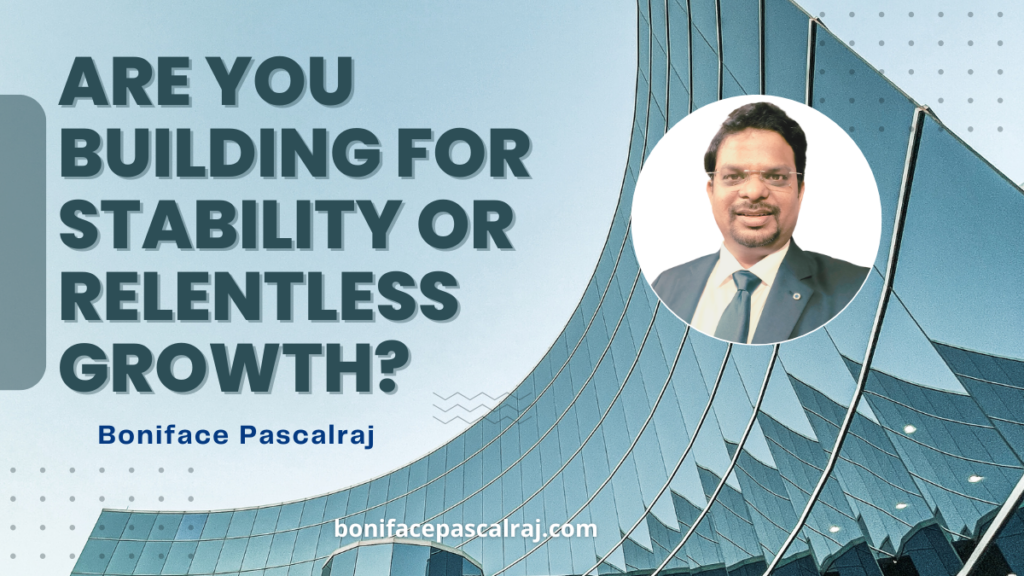In the startup ecosystem, many founders blur the lines between MSMEs (Micro, Small, and Medium Enterprises) and startups.
While both create value, their objectives and strategies are fundamentally different.
As Paul Graham, cofounder of Y Combinator, famously said:
“Startup means growth.”
This simple yet profound statement highlights the core distinction between a startup and an MSME.
MSMEs: Stability Over Scaling
MSMEs focus on steady operations and consistent profitability. They serve a specific market without aiming for exponential growth.
For example, an MSME generating ₹25 crore annually can thrive at the same level for years, prioritizing sustainability over expansion.
Key Characteristics of MSMEs
✅ A steady demand for products or services.
✅ Limited scalability.
✅ A profit-driven, risk-averse approach.
These businesses opt for stability over aggressive expansion, ensuring long-term sustainability with a measured growth trajectory.
Startups: Growth at Every Level
Startups, on the other hand, are built for scalability and disruption. Growth is not optional—it is the core of their existence.
Startups must focus on growth at every stage of development:
1️⃣ Idea Validation Stage
📌 Growth starts with engaging more customers daily to validate the problem and the idea. Founders should focus on increasing customer interactions to refine their understanding.
2️⃣ MVP or Product Development Stage
📌 The number of users testing the product should gradually grow, ensuring constant feedback for improvement.
3️⃣ Beta Stage
📌 Early adopters must increase day by day, and the feedback loop should drive meaningful product enhancements.
4️⃣ Scaling Stage
📌 The number of paying customers should increase exponentially.
📌 Revenue growth becomes a key metric, with strong customer retention and expansion strategies in place.
📌 Market expansion—startups must explore new geographies, customer segments, or additional revenue streams.
A startup that successfully scales has not only proven its product-market fit but also optimized operations to handle growth without breaking.
This iterative approach fosters a growth mindset among founders, ensuring they build customer-focused solutions.
Startups must solve a pressing problem faced by a large number of customers—this alignment with real customer needs is the foundation of sustainable growth.
The Path to Scalability
To achieve growth, startups need:
✅ A compelling value proposition solving widespread pain points.
✅ Efficient operational processes that scale effectively.
✅ Customer-driven innovation to remain relevant.
✅ Technology to automate and enhance scalability.
Intent Without Execution Is Futile
It is not enough to intend to grow; execution is key:
📌 Set Measurable Goals: From customer meetings during idea validation to user acquisition during beta testing, track progress daily.
📌 Iterate Rapidly: Act on customer feedback to continuously improve the product.
📌 Build a Growth Culture: Foster a team mindset focused on problem-solving and scaling.
The Key Question
MSMEs thrive on stability, while startups are built for exponential growth.
Founders must ask themselves:
👉 Are you building for stability or relentless growth?
What is your strategy for ensuring growth at every stage of your startup?

